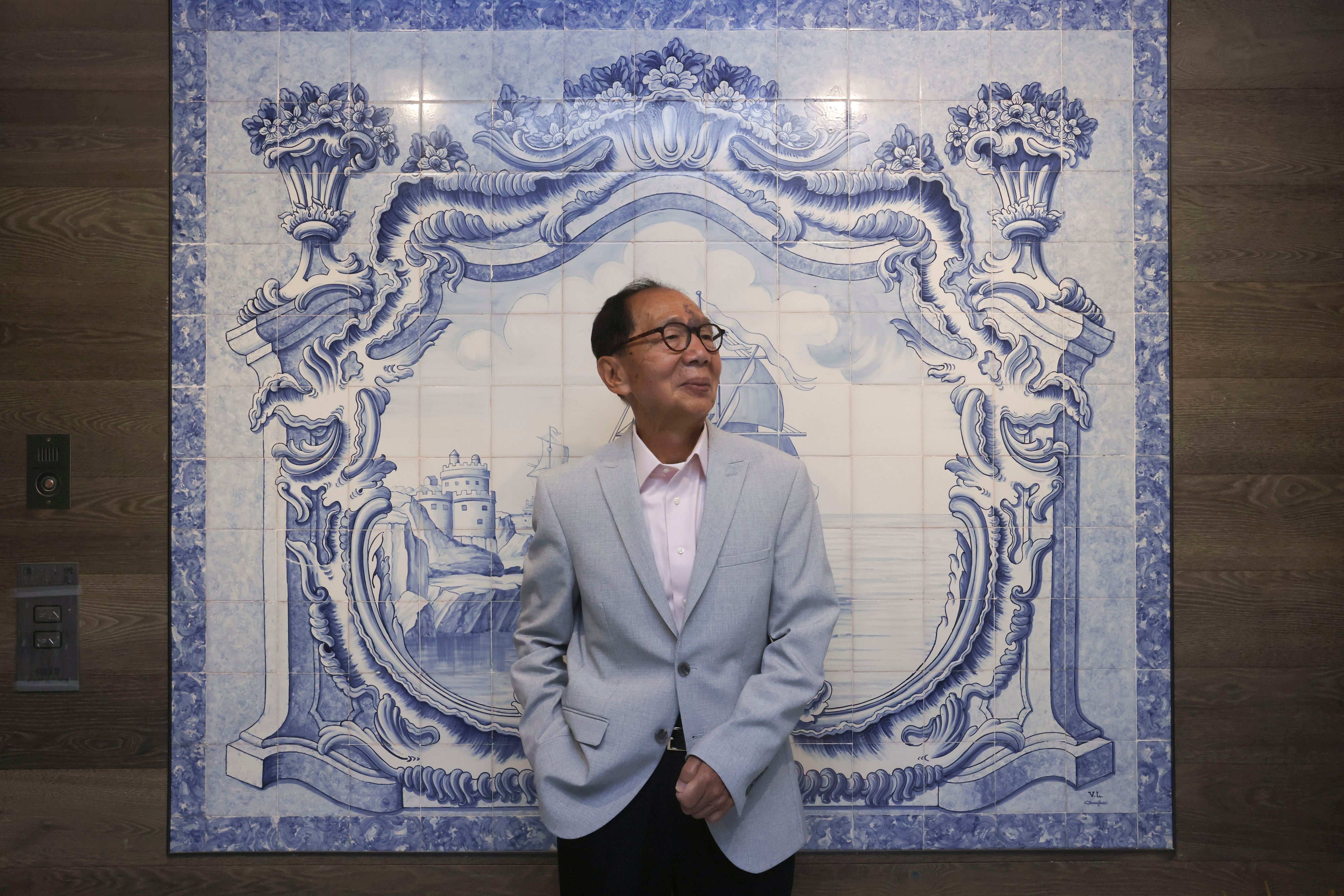
- Francisco A. Da Roza, scion of a storied Macau family, honours his heritage by helping curating a show about the Portuguese community’s contribution to Hong Kong
Manuel Vicente da Roza was my first forebear to arrive in Macau, at the beginning of the 18th century. Originally from Tancos, a village north of Lisbon, Portugal, he was very successful and eventually became the patriarch of one of the most prominent local mercantile families.
We traded in various profitable products and, at one time, also owned Ilha Verde (Green Island). This family fortune lasted four generations, before taking a downward turn when the entrepôt trade moved to Canton (Guangzhou).
Early days
My paternal great-great-grandfather, Simão Vicente da Roza, moved to Hong Kong in the new British colony’s earliest years; it is recorded that he worked at Pottinger Street in 1846.
His son, Pelágio José da Roza, was born in Hong Kong, but later died in Shanghai; we presume he had sought commercial opportunities after the British expansion northwards.
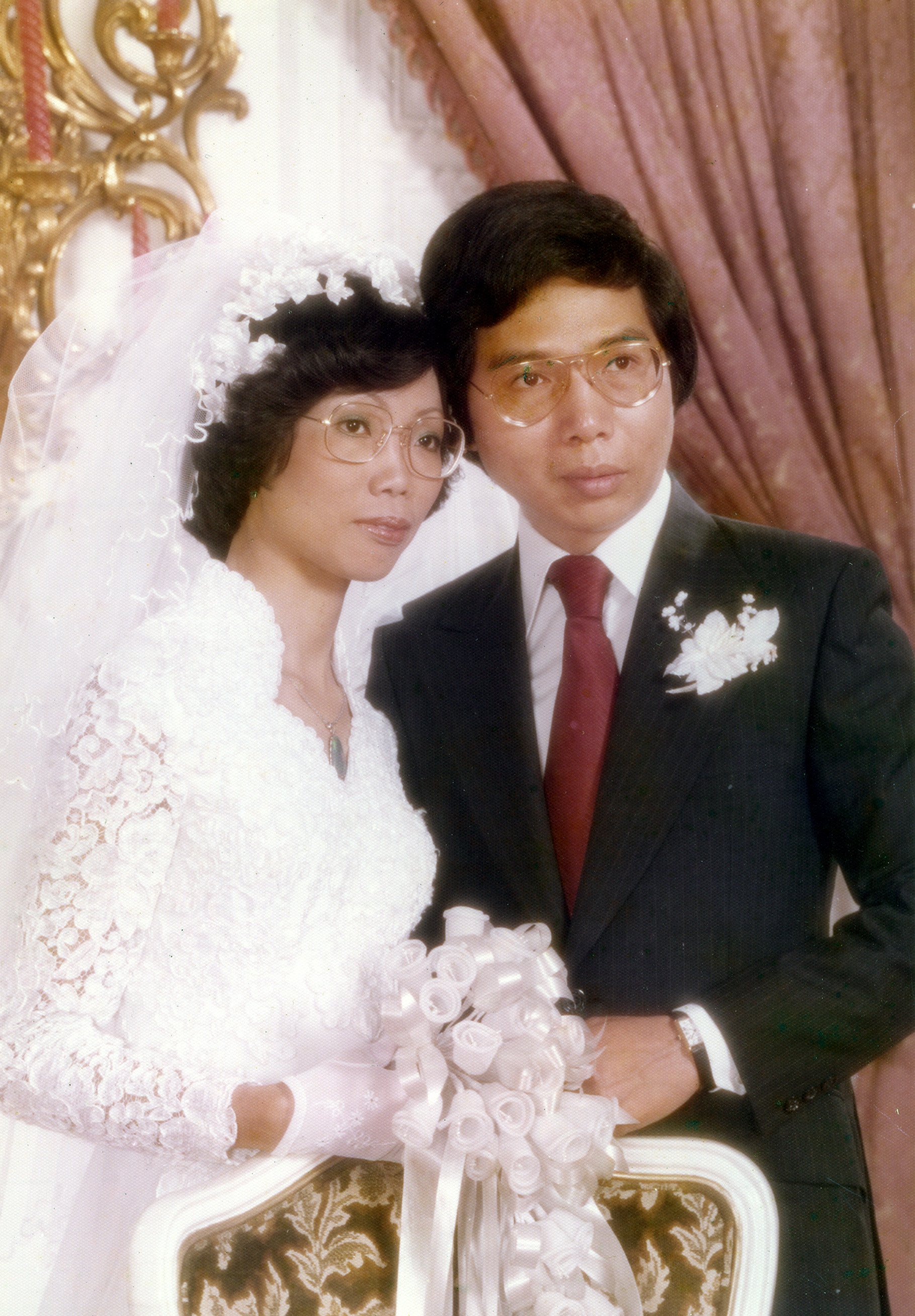
He was later assigned to Formosa (Taiwan), but as no English schooling was available there, he moved the family to Shanghai. My father, Leonel Francisco, met and married my mother, Maria, in Shanghai in 1946.
After the Pacific war ended, my grandparents and other family members emigrated to Caracas, Venezuela. My parents did not follow them, however, and left for Hong Kong instead in 1951.
Slice of Macau’s Portuguese history kept alive through art and food
Crossing over
When we left Shanghai, we travelled by train to Canton, then by another train to Lo Wu, and crossed on the old wooden border bridge. After a week in Hong Kong at the home of close family friends, we left for Macau.
On arrival, we were accommodated in a government refugee camp, known as the Third Camp, which had been set up for the Portuguese who had left Shanghai and other parts of China after the Communist takeover in 1949.
We stayed only briefly, as my father was soon employed in Hong Kong by the Hong Kong and China Gas Company; he had previously worked for that company in Shanghai.
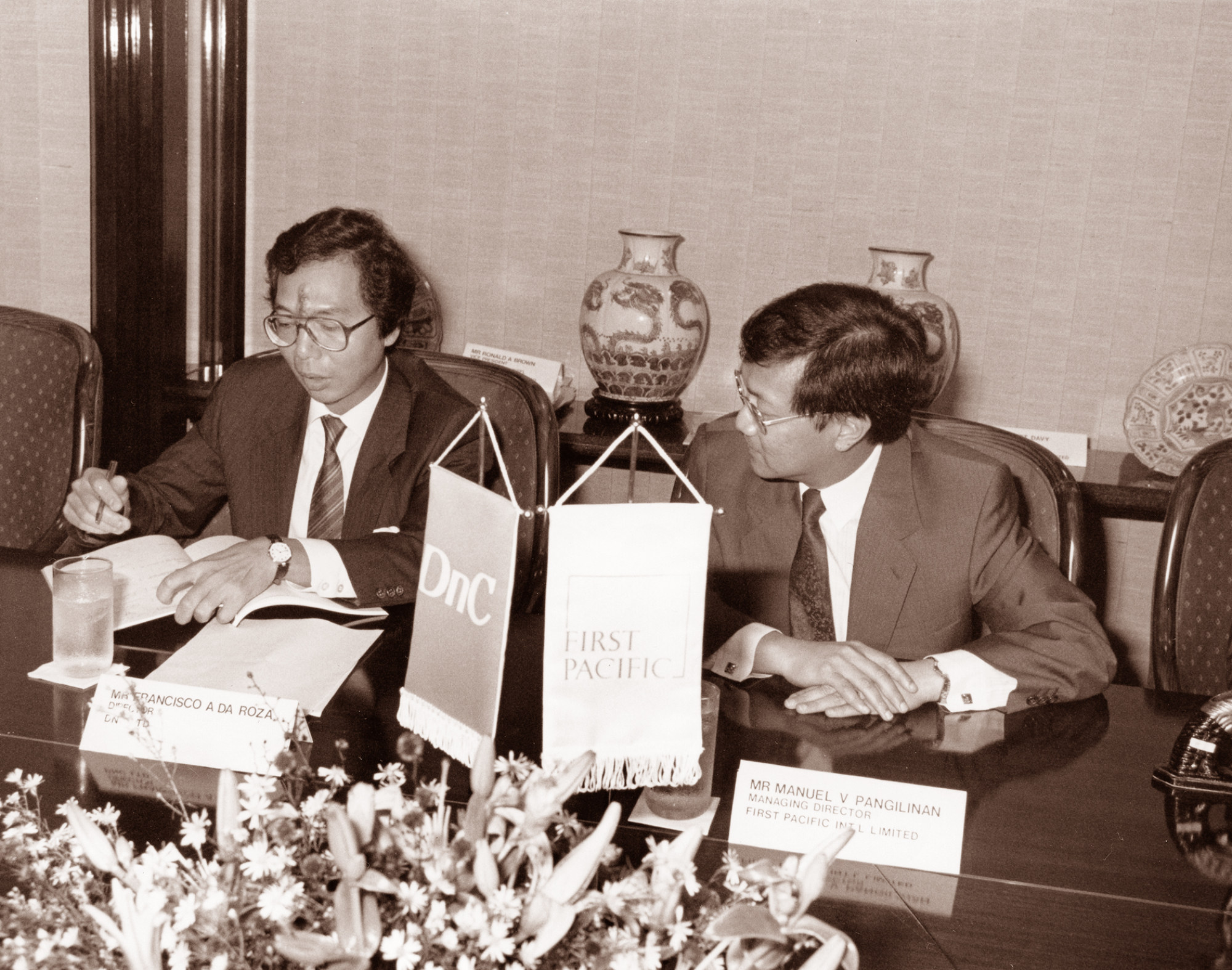
Traditional ways
My father then did something that was – in hindsight – most wise. My sister, brother and me were brought back to Macau to be raised by my grandmother’s good friends, Dona Sara Ribeiro and her sister, Dona Edite da Costa. Typical of our womenfolk, both ladies were proper homemakers, wonderful cooks and very religious.
I attended the English section of Yuet Wah College, with Portuguese as a second language, and Sunday school at the Dom Bosco College, which was conducted in Portuguese.
During the Japanese invasion in the second world war, we lost a number of our boys; they were defending their homes and familiesFrancisco A. Da Roza
Moment of epiphany
I came back to Hong Kong to complete my schooling. But I was too busy exploring the world, and not doing particularly well at school, so in 1963, aged 16, I went to work as a junior clerk at HSBC.
At night, I played in a band – mostly in bars; these gigs paid more than my job. In a moment of epiphany, I decided this aimless life must stop, and commenced preparations for the Bankers Institute exams; this laid the foundation for my lifelong love of reading and self-study.
Thinking that I may not get ahead as I wished to do, I decided to move on from HSBC in 1973; by then, I had worked in various departments, and was already a junior supervisor. To this day, I remain grateful to HSBC for giving me a start.
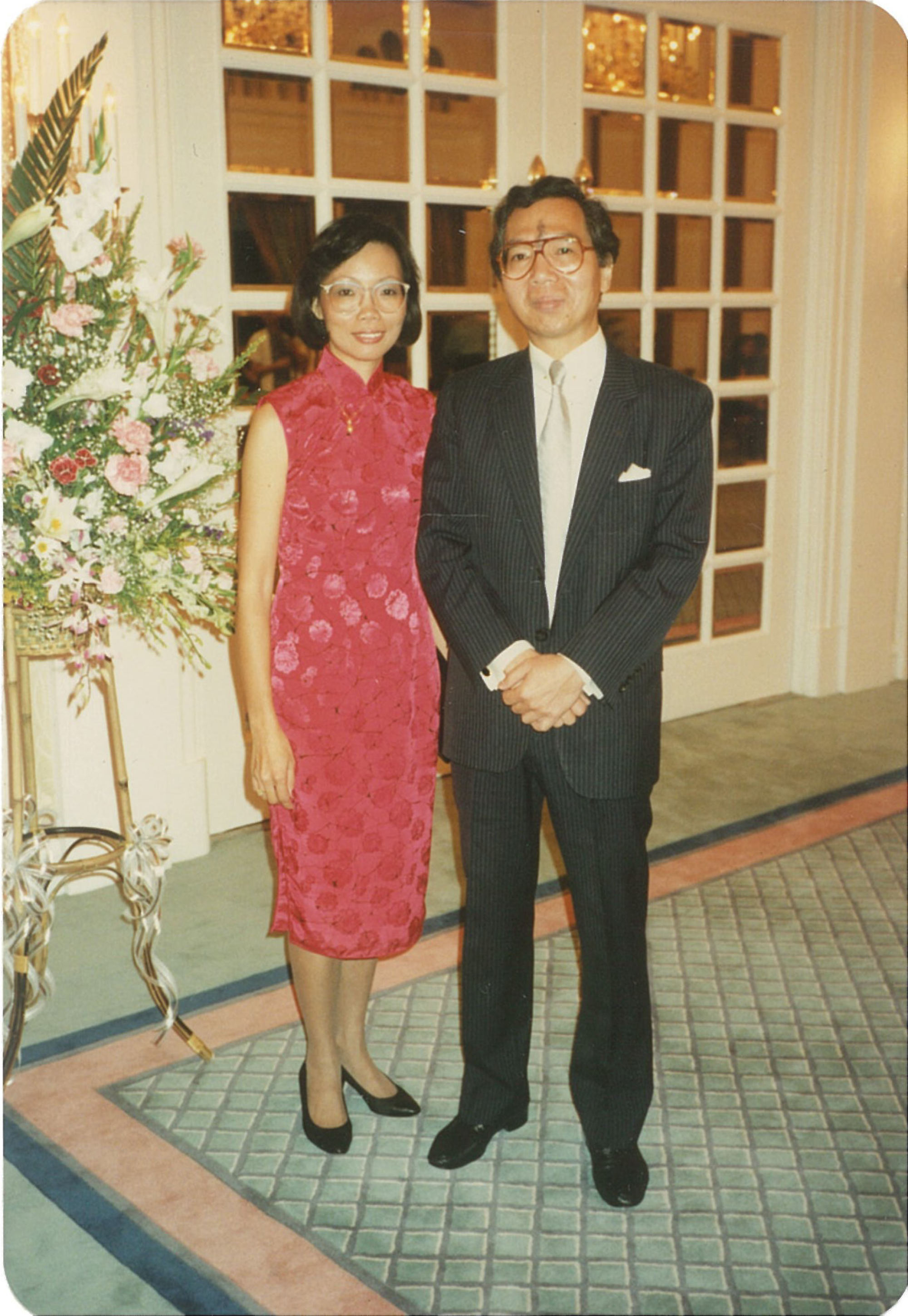
Cultural chameleon
I joined the First National Bank of Chicago, where I really learned about banking. My American colleagues were MBAs and I wanted to be able to get ahead like them, so I went back to night school. That was the best decision I have ever made – this was where I met my wife, Helen.
After five years with the American bank, I joined the Nordic Bank, which later became Unibank A/S Hong Kong Branch. I became deputy general manager, was approved by the Hong Kong Monetary Authority to be the alternate chief executive of an authorised institute, and was licensed by the Securities and Futures Commission as a financial adviser.
I travelled extensively and worked in a number of locations and, being a cultural chameleon, I was well able to intermediate between different peoples.

Ship ahoy
Our bank was the lead manager for a loan syndicate lending to a major Korean group for the acquisition of three new container vessels around the time our daughter was born, in 1986.
When the vessels were about to be launched, the Korean gentleman in charge called and asked whether I would like to name one. I jumped at the chance and after discussions with Helen, we decided on the last two syllables of our daughter’s name Alexandra; translated phonetically into Cantonese, “Andra” means “to arrive safely”.
The suggestion was readily accepted and we later saw the vessel in Hong Kong harbour – this was very exciting.
A Hong Kong amateur historian dead 35 years but whose work still resonates
Pillar of strength
Helen took up legal studies as an adult, when the children did not need as much attention; she was later called to the bar. Stories from her days in court clearly influenced our children; all three work in the legal field.
We are most proud of António, André and Alexandra, for always behaving properly; this matters above all else to me, and their mother.
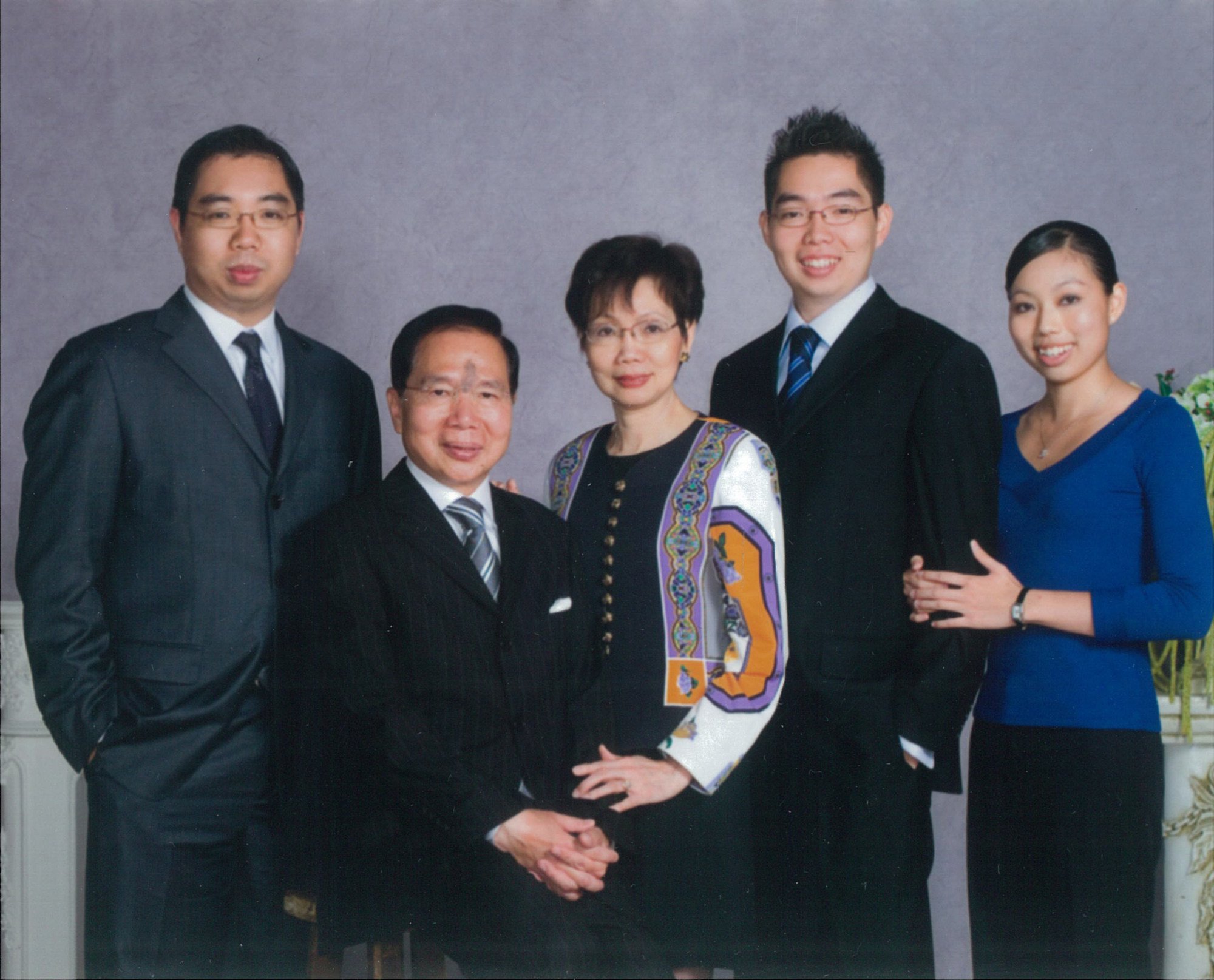
Last journey
During my life, I have been most lucky; various people have guided and helped me. Some particularly stand out; I met “Butch” Ackber – his proper name is Wazir, which means “grand minister” – when I was 13. We became best of friends; his family took me in – I am their adopted son.
Mr and Mrs John Ackber, whom we call “Pop Joe” and “Mum Julie”, were ever so kind and hospitable to me, as were the rest of the family. When he passed away, I was privileged – as a Catholic and non-Muslim – to accompany Pop Joe on his last journey; his burial at Happy Valley in 1974 was conducted in the traditional Muslim way.
I am still in touch with the Ackber siblings, who now live in Canada, except for one brother who remains in Hong Kong.
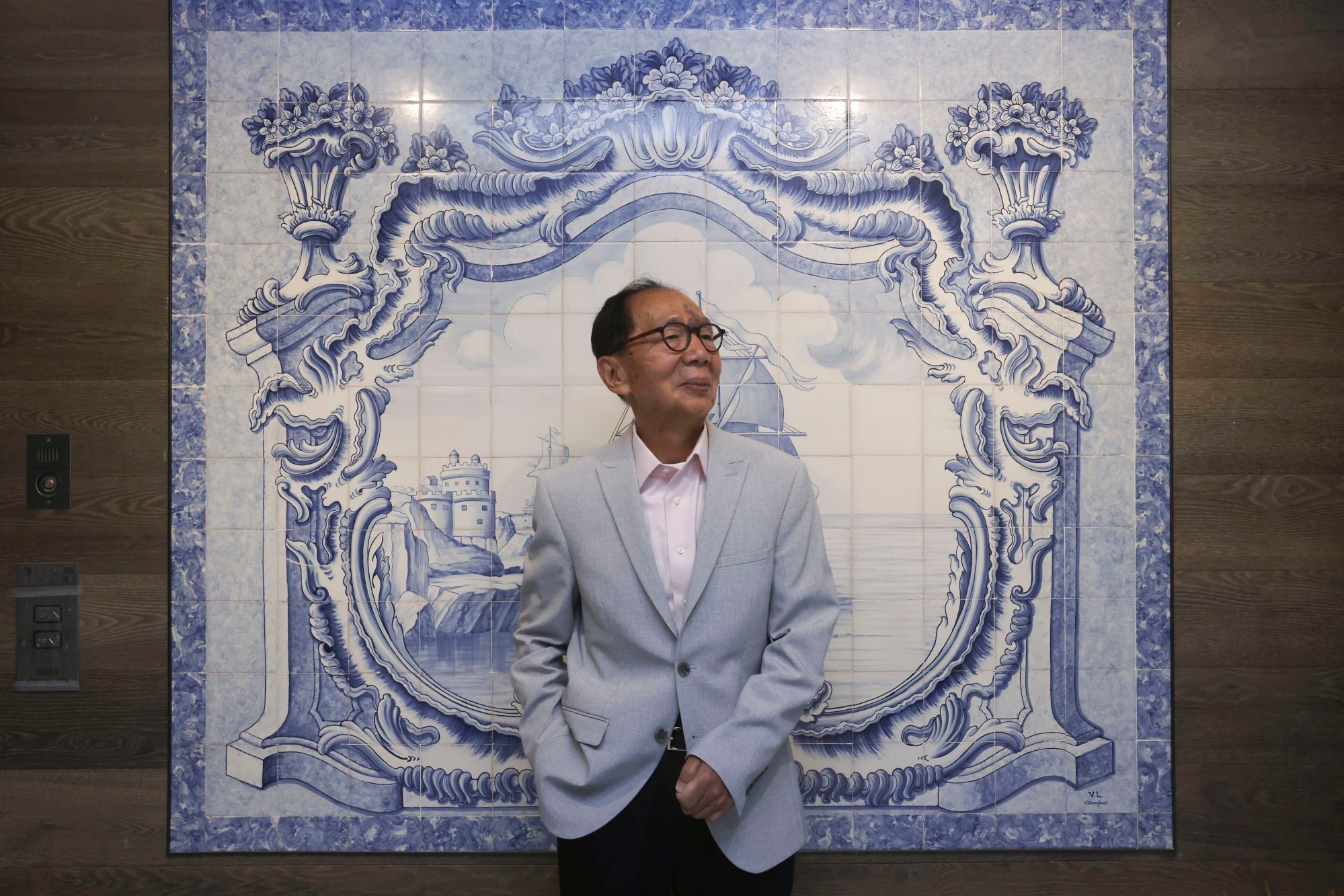
Community affairs
During a business trip to San Francisco, I was asked whether I could help out at Club Lusitano – this is our local Portuguese community club; this commenced my closer involvement in community affairs.
During a particularly difficult and challenging period for the club, I was the honorary secretary and subsequently became president of Club Lusitano in 2009; I stepped down after three years.
A history of formerly Portuguese Macau in 10 fusion dishes
Once in a lifetime
When Helen was much better my current project came along – assistance with the development and curation of an exhibition about the history of the Hong Kong Portuguese community, to be staged at the Hong Kong Museum of History, in Kowloon.
Given my Macanese cultural background and community involvements, as well as being trilingual in English, Cantonese and Portuguese, this was a natural fit for me. I have close personal connections with the relevant people and institutions in Macau, and with our communities settled overseas.
The aim of this exhibition is to make the general public more aware of our community’s past, and our substantial contributions to Hong Kong. During the Japanese invasion in the second world war, we lost a number of our boys; they were defending their homes and families.
The exhibition will narrate our history and showcase aspects of our distinctive culture; hopefully the latest exhibition technologies used will “wow” the visitors. This is a once-in-a-lifetime opportunity for me to be involved with such a meaningful project, and it is a great honour, and a privilege.

